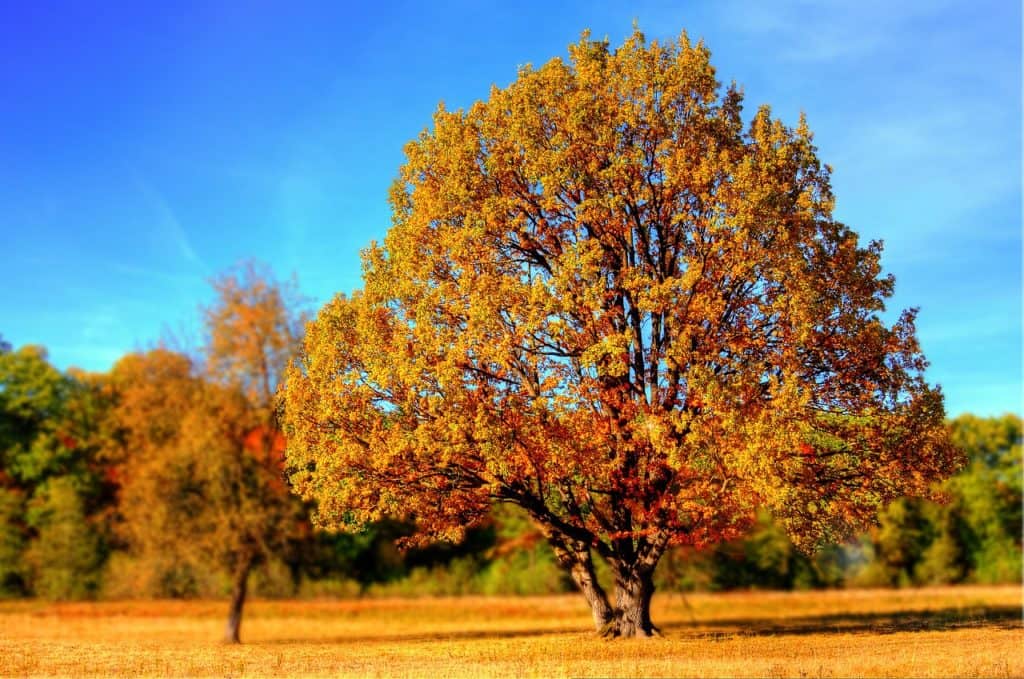
Fall is a true fan favorite. With its aromatic flavors, vibrant colors, cooler days, and steady routines, how can anyone fault fall?
With the Fall Equinox upon us, on Sept. 23, 2024, we were wondering: How exactly does the change of season affect our sleep?
The season is commonly thought of as an excellent time to get more sleep, a result of cooler temperatures and less daylight. A temperature of 60-70 degrees is most conducive to falling and staying asleep, according to this study from the National Institutes of Health. Also, with the shorter daylight in our days along with less light exposure, we produce more melatonin—the hormone that regulates the circadian rhythm and makes you feel sleepy.
“The light-dark cycle is considered the most important synchronizer of the sleep-wake cycle, or circadian rhythm. Seasonal changes dictate differences in day length, which partly determines overall light exposure and may affect sleep schedules, making you feel sluggish or more tired than usual,” according to Frontiers in Neuroscience.
Melatonin, Fall, and the Burnout of Autumn
“Shorter sunlight and longer darkness changes our relationship with melatonin,” says Dr. Kristen Casey, Licensed Clinical Psychologist, and Insomnia Specialist at Evolve Psychological Services. “Melatonin is regulated by consistency. When we are exposed to bright light in the morning, melatonin stops.”
Changes in sleep are not only related to less sunlight, but when it’s colder, people tend to go outside less and be less active. “During the cooler months, doing less impacts our sleep drive and misaligns our circadian rhythm,” says Casey.
But even though the urge to sleep may increase in the crisper fall days, it actually may be beneficial to not completely give in to that, say some experts. “I notice an increase in absenteeism. People subjectively report burnout and find it difficult to get motivated. Sometimes that affects sleep and increases feeling anxious,” says Casey.
“Avoid oversleeping, which can cause sleep inertia and lethargy the next day,” says Dr. Nerina Ramlakhan, physiologist, sleep expert, author, and speaker.
How Should You Transition Your Sleep to Fall?
Transitioning your fall sleep routine should include spending time outdoors, adequate sunshine, vitamin D, and exercise.
“Focus on your light exposure, especially as the days start to get shorter,” says Dr. Nishi Bhopal, MD, triple board certified in psychiatry, sleep medicine, and integrative holistic medicine. “To get the vitamin D you need—and keep your circadian rhythm on track—take advantage of the autumn sunlight and prioritize outdoor activities.”
What Is the Equinox?
During an Equinox, the Sun crosses the “celestial equator”—an imaginary extension of Earth’s equator line into space. After the autumn equinox, days become shorter as the Sun continues to rise later and nightfall arrives earlier.
With the shift in the Sun comes the end of daylight savings time and clocks moving back an hour. This decreased daylight can disrupt your circadian rhythm, making you feel more tired.
“With the sudden change of time, we experience less light in the mornings. Waking up in the dark can be challenging because our brain will think it is nighttime and signal our bodies to continue sleeping,” says Imelda Wong, Ph.D., and Beverly Hittle, Ph.D., RN. “This could result in feeling groggy and not completely alert when we start our day.”


























